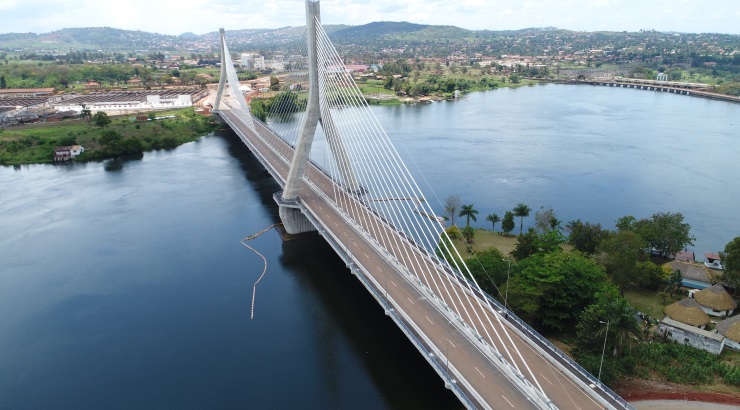Investors Are Cashing in On Tanzania’s Boom in Fish Export – Here is Why


Tanzania is famous for its vibrant Tourism Industry. In 2018, 1.5 million tourists visited Tanzania, contributing US$ 2.4 billion to the economy. However, tourism is only one of the big earners in Tanzania’s economy. The rapid growth of the fishing industry in Tanzania is a game-changer. Fish export has risen by 82 percent in 4 years with net revenue of Tanzania shillings 696 billion (approx. $300 Million) during the 2018/19 financial year. One thing is certain, this growth is not a fluke but a culmination of the government’s effort.
Tanzania’s reforms in the fishing industry
Tanzania’s boom in fish export and Livestock sector is a result of government efforts to foster growth in these sectors. The aim of the government is to enhance incomes, generate employment, and improve food security. Mr. Luhaga Mpina, Tanzania’s Minister of Livestock and Fisheries, said Tanzania had reduced the importation of fish. explaining the boom in fish export and production, Mr. Mpina said,
“We have also reduced importation of fish from 56.12bn/- worth fisheries in 2016/17 to 1.6bn/- in 2018/19. Also export of fish rose to 692bn/- in 2018/19 from 379.25bn/-. This is all a result of changes in the legislation in which the cost of vaccination, for instance, was reduced by 51 percent from 482bn/- to 237bn/-.”

To achieve this goal, over 50 laws, rules, and regulations have been repealed. This is to enable industry players to export products to world markets at competitive prices. For example, small-size companies were previously required to pay $250.00 for a license to transport their products. This has been reduced to $100.00. As a result of the favorable laws, the industry has grown at a rate of 9.2% per year.
Tanzania’s boom in fish export is partly due to the increase in the fish population. Between 2014 and 2020 an impressive 95% growth has been experienced in the Nile Perch population, and there are about 14,100 fishponds scattered all over Tanzania. This thriving sector employs about 40,000 people. Seaweed farming and harvesting are especially significant as they provide employment to about 17,100 workers—predominantly women.
Initiatives contributing to Tanzania’s agricultural boom
While outlining his ministry’s achievements, Mr. Luhaga Mpina also stated that plans are underway to recruit partners such as Japan and the International Fund for Agricultural Development (IFAD) to fund the increase of investment in deep-sea fishing. Measures have also been taken to tackle illegal fishing by means of patrol zones. This has been extremely successful and has led to a great reduction in these activities, both in freshwaters as well as the Indian Ocean.
The focus is not only on fish export alone. Mr. Mpina was recently at Sokoine University of Agriculture (SUA) mobile soil laboratory. The aim of the visit was to examine the soil laboratory that helps farmers to analyze the soil health. Inasmuch as the laboratory is small, it serves the entire district. In a speech after touring the soil laboratory the minister said,
“Soil laboratories seem like a luxury item but in any case, we need to test oil health so that we increase our production in agriculture products. I have accompanied by the Deputy Minister for Agriculture so we will look at how we can establish collaboration between the Ministry of Agriculture and PMO-RALG so that all councils at least have these mobile laboratories that will enable our lands to be tested in the fields of all farmers.”
How investors are transforming fish export in Tanzania
David N’gunda developed a fish processing machine that can professionally and rapidly accomplish transform fishes into useful products. His invention process fish in seconds. Also, his technique is user and environment friendly. The method disposes of the scales and guts are neatly such that nothing goes to waste. The wastes are processed for other uses, such as the production of animal feed, plastic products, and ornaments.
Modern fish processing is obviously a game-changer in Tanzania’s fishing industry. David’s machine has the potential to boost the production of fish for export. Obviously, there are are more ways investors can come into the picture. But, how long can the country sustain this fish export boom? Also, do you see it as a threat to marine life? Let us hear your thoughts in the comment box below.







Responses